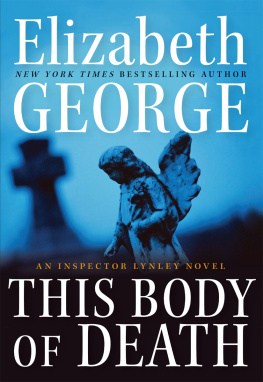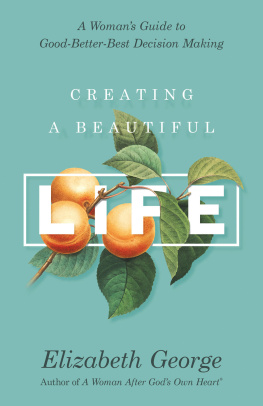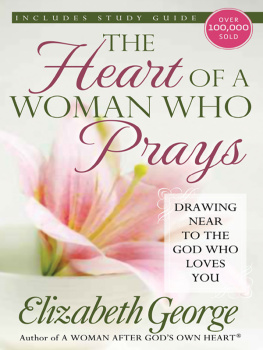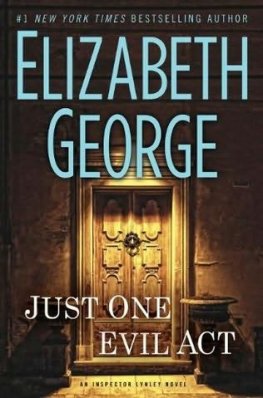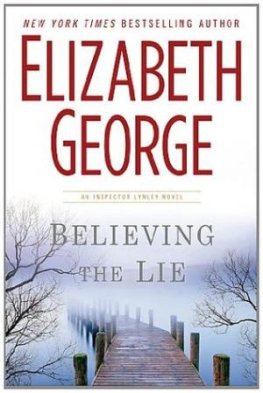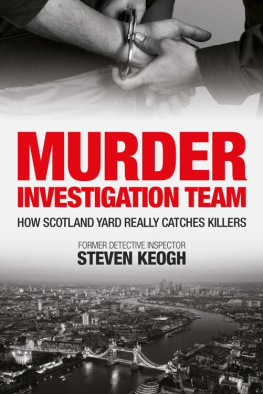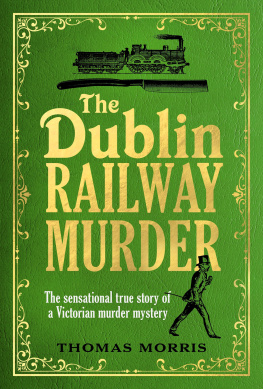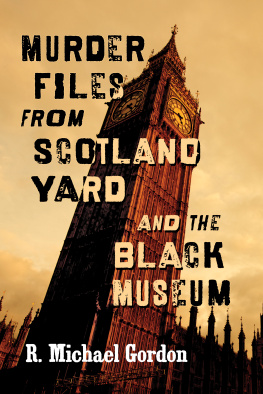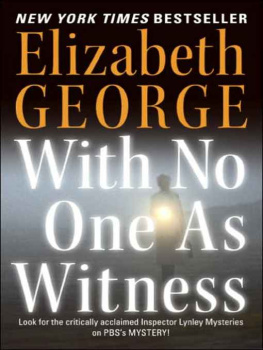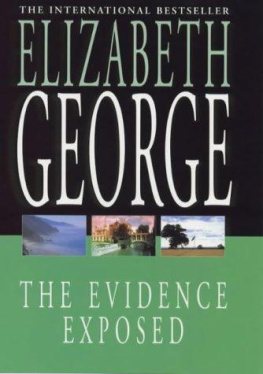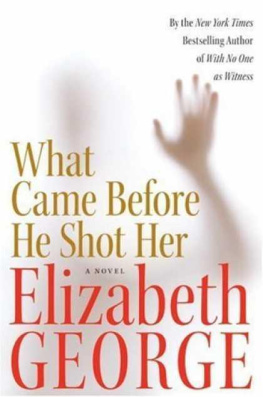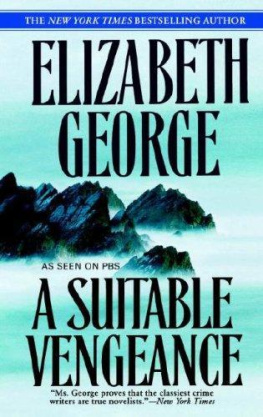Reports from the investigating officers who interviewed both Michael Spargo and his mother prior to charges being filed against him all suggest that the morning of the boys tenth birthday began badly. While such reports might well be deemed suspect, considering the nature of Michaels crime and the strength of the antipathy felt towards him by police and by members of his community, one cannot ignore the fact that the extensive document written by the social worker who sat with him during his interrogations and his subsequent trial reveal the same information. There will always be details that remain unavailable to the student of childhood abuse, family dysfunction, and the psychopathology that such abuse and dysfunction ultimately engender, but major facts cannot be hidden because they will necessarily be witnessed or directly experienced by those who come into contact with individuals in the midst of displayingwhether consciously or unconsciouslytheir mental, psychological, and emotional disturbances. Such was the case with Michael Spargo and his family.
As one of nine boys, Michael had five older brothers. Two of these boys (Richard and Pete, ages eighteen and fifteen at the time) as well as their mother, Sue, each had an ASBO filed against them as a result of ongoing disputes with their neighbours, harassment of pensioners living on the council estate, public drunkenness, and destruction of public and private property. There was no father present in the home. Four years prior to Michaels tenth birthday, Donovan Spargo had deserted wife and children and taken up life in Portugal with a widow fifteen years his senior, leaving a note of farewell and five pounds in coins on the kitchen table. He had not been seen or heard of since. He made no appearance at Michaels trial.
Sue Spargo, whose employment skills were minimal and whose education was limited to a failure to pass any one of her GCSEs, readily admits that she took to the drink a bit too hard as a result of this desertion and was consequently largely unavailable to any of her boys from that time forward. Prior to Donovan Spargos desertion, it seems that the family maintained some degree of external stability (as indicated both by school reports and by anecdotal evidence from neighbours and the local police), but once the head of the household departed, whatever dysfunction had been hidden from the community came spilling out.
The family lived in Buchanan Estate, a dreary sprawl of grey concrete-and-steel tower blocks and unappealing terrace houses in a section of town fittingly called the Gallows, which was known for street fights, muggings, carjackings, and burglaries. Murder was rare here, but violence was common. The Spargos were among the luckier inhabitants. Because of the size of the family, they lived in one of the terrace houses and not in one of the tower blocks. They had a garden in the back of their house and a square of earth in the front although neither of these was kept up for planting. The house contained a sitting room and kitchen, four bedrooms, and one bathroom. Michael shared a room with the younger boys. There were five of them in all, distributed in two sets of bunk beds. Three of the older boys shared an adjoining bedroom. Only Richard, the eldest, had his own room, a privilege apparently having to do with Richards propensity for committing acts of violence upon his younger brothers. Sue Spargo had a separate bedroom as well. Curiously, in interviews she repeated several times that when any of the boys became ill, they slept with her, and not with that lout Richard.
On Michaels tenth birthday, the local police were called shortly after seven in the morning. A family dispute had escalated to the point of causing a disturbance in the immediate neighbourhood when the occupants of the house adjoining the Spargos dwelling had attempted to intervene. Their later claim was that they were merely seeking peace and quiet. This is in opposition to Sue Spargos allegation that they attacked her boys. However, a careful reading of everyones ensuing interview with the police shows that a brawl between Richard and Pete Spargo began in the upstairs corridor of the Spargo house and grew from the latter boys unhurried vacating of the bathroom. Richards subsequent attack upon Pete was brutal, as he was quite a bit larger and stronger than his fifteen-year-old brother. It brought sixteen-year-old Doug to his assistance, which seems to have turned Richard and Pete into allies who then attacked Doug. By the time Sue Spargo waded into the fray, it had spilled down the stairs. When it appeared that she, too, was going to come under attack from Richard and Pete, twelve-year-old David sought to protect her with a butcher knife from the kitchen, where hed gone allegedly to make his breakfast.
It was at this point that the neighbours became involved, roused by the noise, which they could hear through the badly insulated walls of the adjoining houses. Unfortunately, the neighboursthree in allcame to the Spargo residence armed with a cricket bat, a tyre iron, and a hammer, and according to Richard Spargos account, it was the sight of these that enflamed him. Going after the family, they were, was his direct statement, the words of a boy who saw himself as the man of the house whose duty it was to protect his mother and siblings.
Into this developing imbroglio, Michael Spargo awakened. Richard and Pete was going at it with Mum, his statement recounts. We could hear them, me and the little ones, but we didnt want nothing to do with it. He indicates that he wasnt frightened, but when probed for more information its clear that Michael did his best to give his older brothers a wide berth so as to avoid a thumping if I looked at them crosswise. That he wasnt always able to avoid the thumping is a fact attested to by his teachers, three of whom reported to social workers bruises, scratches, burns, and at least one black eye seen on Michaels body. Other than a single visit to the home, however, nothing more came of these reports. The system, it seems, was overburdened.
There is some suggestion that Michael passed on this abuse to his younger brothers. Indeed, from accounts gathered once four of the children went into care, it seems that Michael was given the responsibility of seeing to it that his sibling Stevie did not wee the sheets. Without resources as to how this was supposed to be accomplished, he apparently administered regular thrashings to the seven-year-old, who in turn took out his own rage on the other boys further down the line.
Whether Michael abused any of the littler boys that morning is not known. He reports only that once the police arrived, he got out of bed, dressed in his school uniform, and went down to the kitchen with the intention of having his breakfast. He knew it was his birthday, but he had no expectation of the day being acknowledged. Didnt care, did I? was how he later put it to the police.
Breakfast consisted of frosted flakes and jam rolls. There was no milk for the cerealMichael brings up this point twice in his earliest interviewsso Michael ate the frosted flakes dry, leaving most of the jam rolls for his younger brothers. He put one of these into the pocket of his mustard-coloured anorak (both the jam roll and the anorak becoming crucial details as things developed) and he left the house through the back garden.
He said his intention was to go directly to school, and in his first interview with the police he claims he did go there. This was a story he did not change until he was read the statement made by his teacher attesting to his truancy that day, at which point he changed his story to confess that he went into the allotments, which were a feature of the Buchanan Estate and which were positioned behind the terrace where the Spargos lived. There, he mightve give a bit of aggro to an old bugger working in a patch of veg and he mightve bashed in some shed door or something where he couldve nicked some secateurs maybe only I didnt keep them, I never kept them. The old bugger in question does verify Michaels presence in the allotment at eight in the morning, although its doubtful that the small enclosures of raised beds held much attraction for the boy, who seems to have spent some fifteen minutes tramping them about according to the pensioner, until I gave him a right proper talking to. He swore like a little thug and scarpered.

